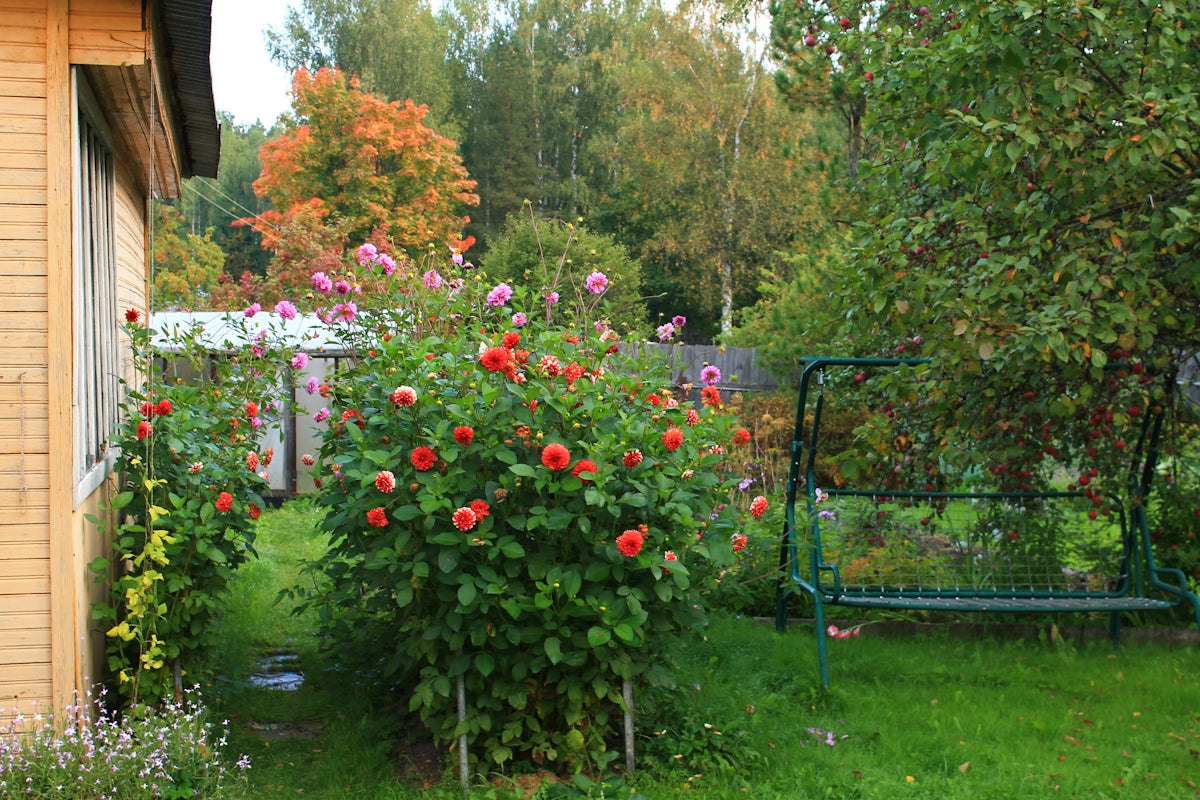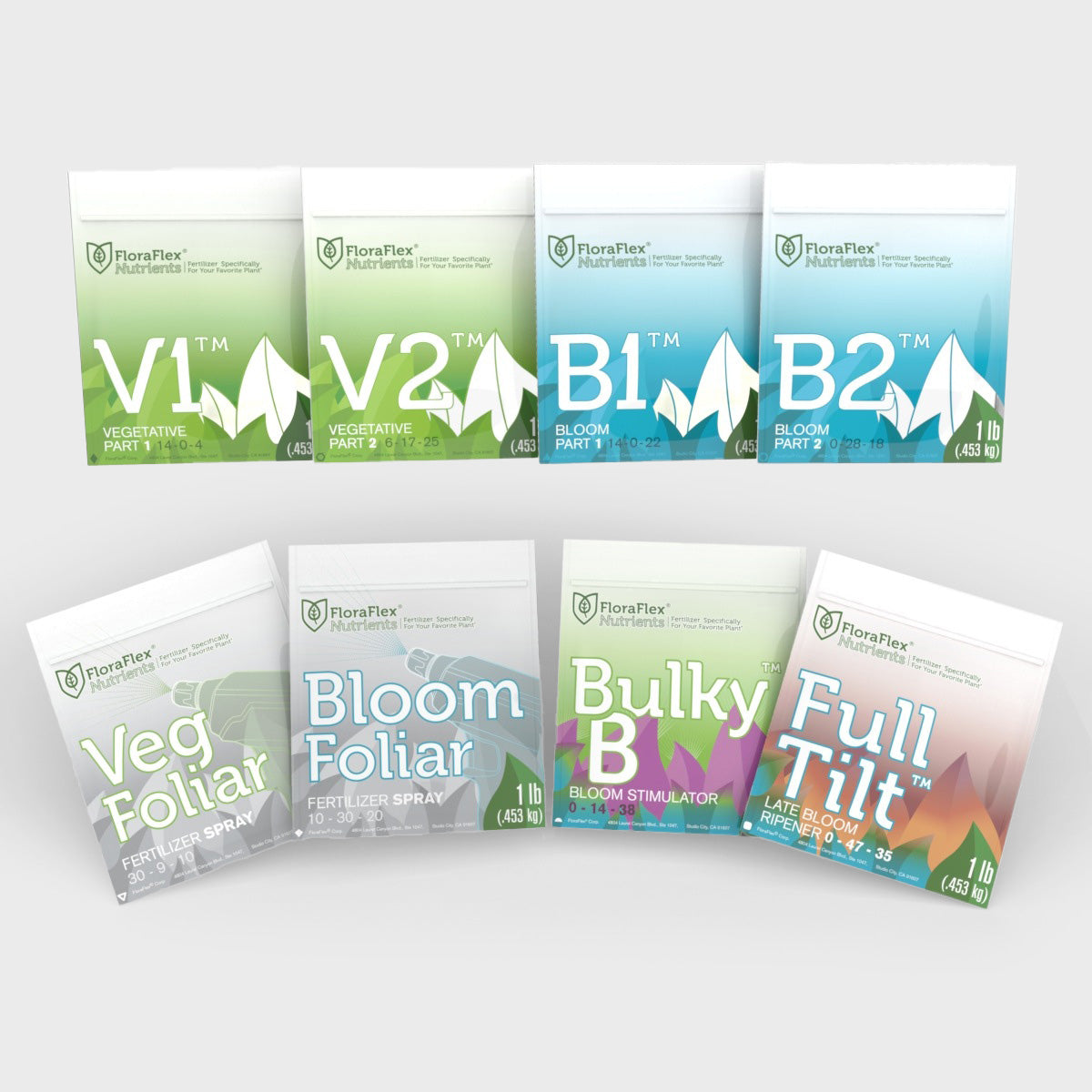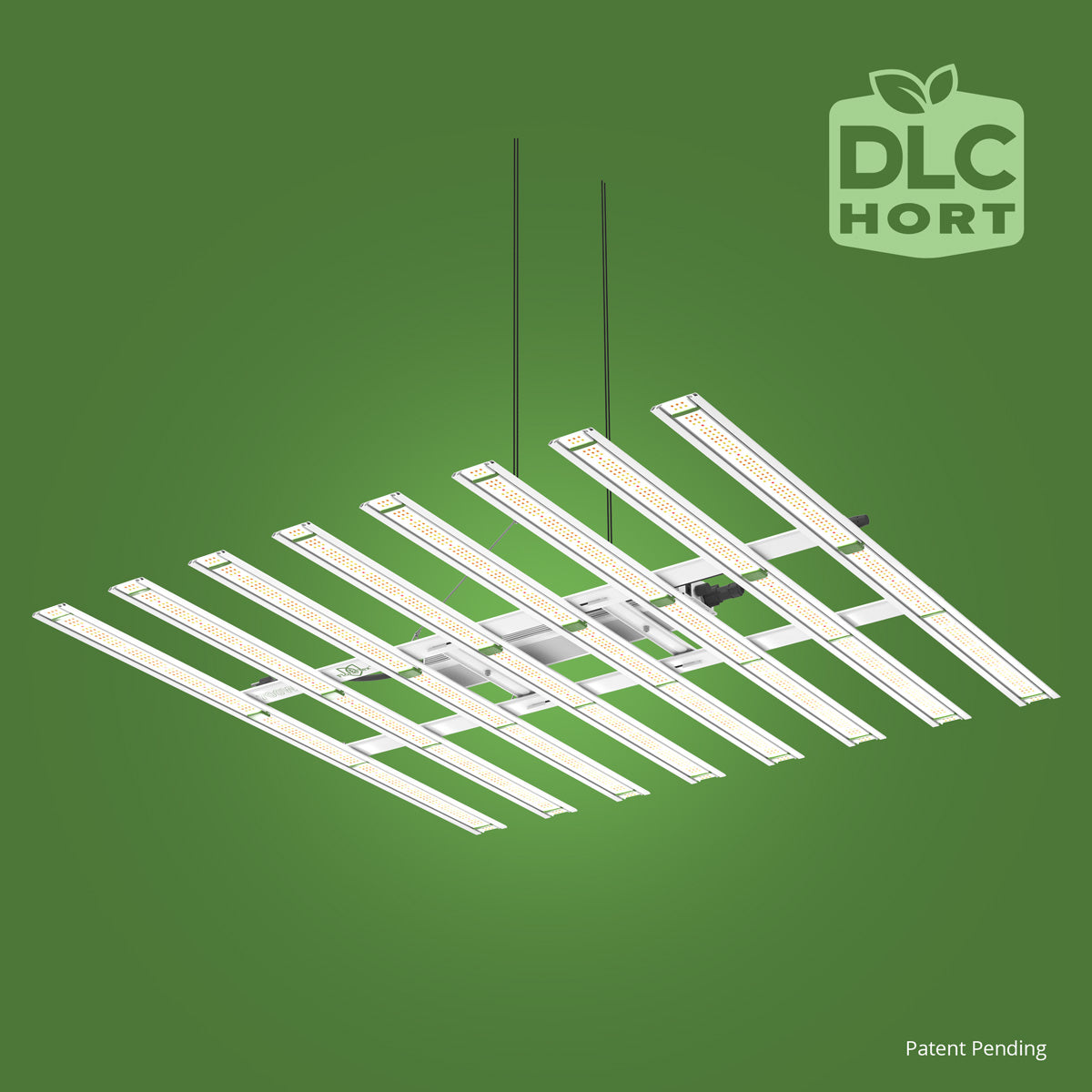Creating a thriving garden can often seem like a challenging endeavor, especially if you're navigating it on your own. However, with the right techniques and tools, such as mulching, you can transform your DIY garden into a flourishing sanctuary. Mulching offers a wide range of benefits that can dramatically enhance the health and beauty of your plants. In this blog post, we'll explore these benefits and how they can help you cultivate a more vibrant garden.
What is Mulching?
Mulching involves covering the soil around your plants with a layer of organic or inorganic material. Common types of organic mulch include wood chips, grass clippings, and straw, while inorganic options might include gravel or landscape fabric. The purpose of mulching is multifold, providing both aesthetic appeal and functional benefits to your garden.
Benefits of Mulching
1. Moisture Retention
Mulch serves as a protective barrier for your soil, reducing evaporation and helping to retain moisture. This is particularly beneficial during hot or dry seasons when water conservation is key. For gardeners who want to minimize watering needs, mulching can be an effective strategy to maintain soil moisture levels efficiently.
2. Weed Suppression
One of the most frustrating challenges for gardeners is the persistence of weeds. They compete with your plants for nutrients, sunlight, and water. Mulching creates a barrier that limits sunlight reaching the soil surface, thus suppressing weed growth. This allows your plants to thrive without the constant battle for resources.
3. Soil Temperature Regulation
Mulch acts as an insulating layer, helping to regulate soil temperature. During hot summer months, it keeps the soil cooler, while in winter, it retains warmth. This creates a more stable environment that can be crucial for the survival of tender plants or new seedlings.
4. Soil Improvement
Organic mulch materials break down over time, adding nutrients to the soil as they decompose. This process improves soil structure and fertility, providing a healthier growing environment for your plants. By enriching your soil, mulch promotes stronger and more robust plant growth.
5. Pest Control
Certain types of mulch, such as cedar chips, can act as natural pest repellents. They release aromatic oils that deter pests, reducing the need for chemical pesticides. This is not only beneficial for the health of your plants but also for the overall ecosystem of your garden.
Equip Yourself for Success
To make the most out of your mulching efforts, consider incorporating other gardening tools and products that can enhance your gardening experience. For precise and efficient watering, the 1.5L Pump Sprayer from FloraFlex is a versatile tool that can help distribute water evenly across your mulched surfaces, ensuring optimal plant hydration and growth.
Conclusion
Mulching is a simple yet powerful technique that offers numerous benefits for your DIY garden. From moisture retention to pest control, it enhances the health and appearance of your garden in a sustainable way. By integrating mulching with the right tools and methods, you can create a thriving garden oasis that beautifully showcases your hard work and dedication.
For more gardening solutions and products, visit FloraFlex and discover how you can optimize your gardening projects.









